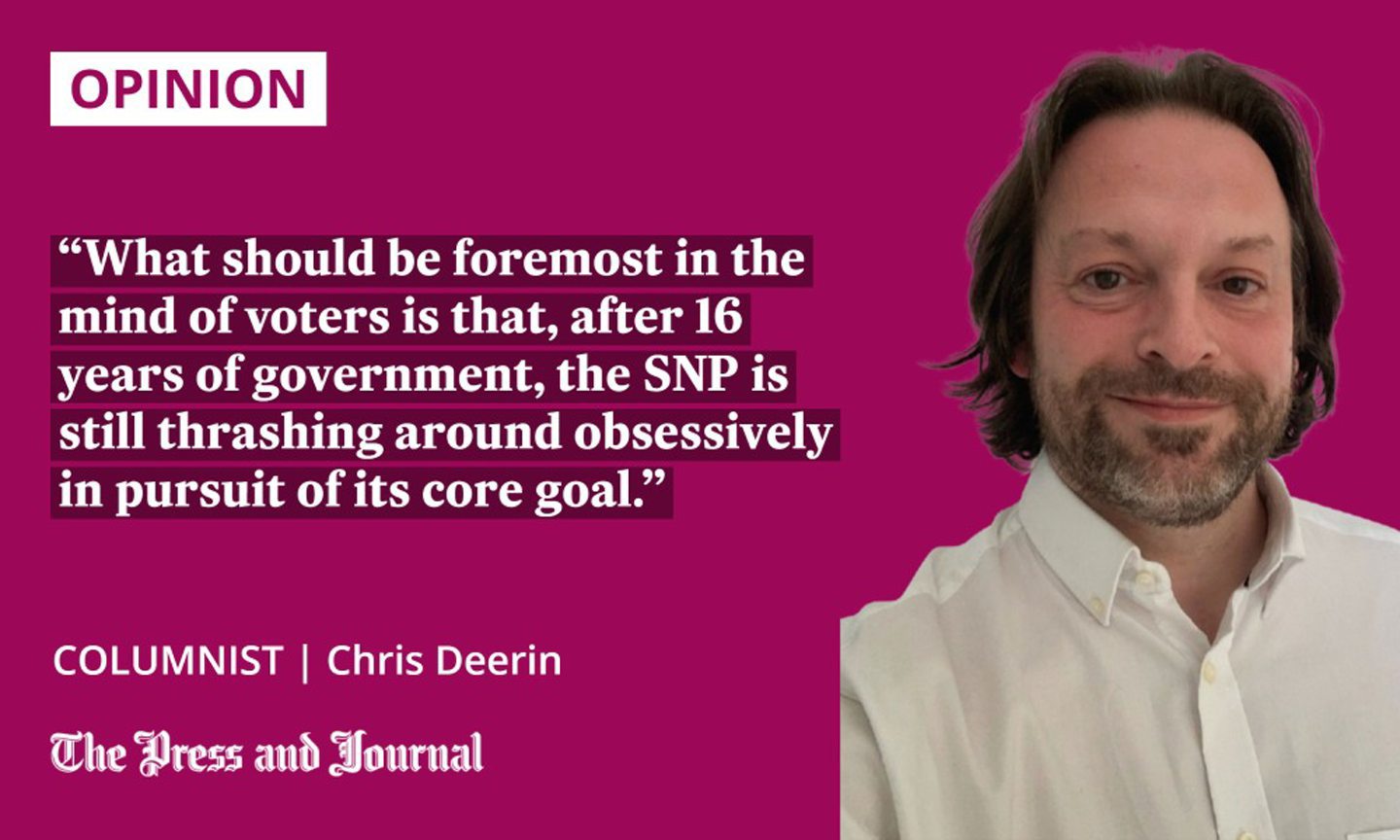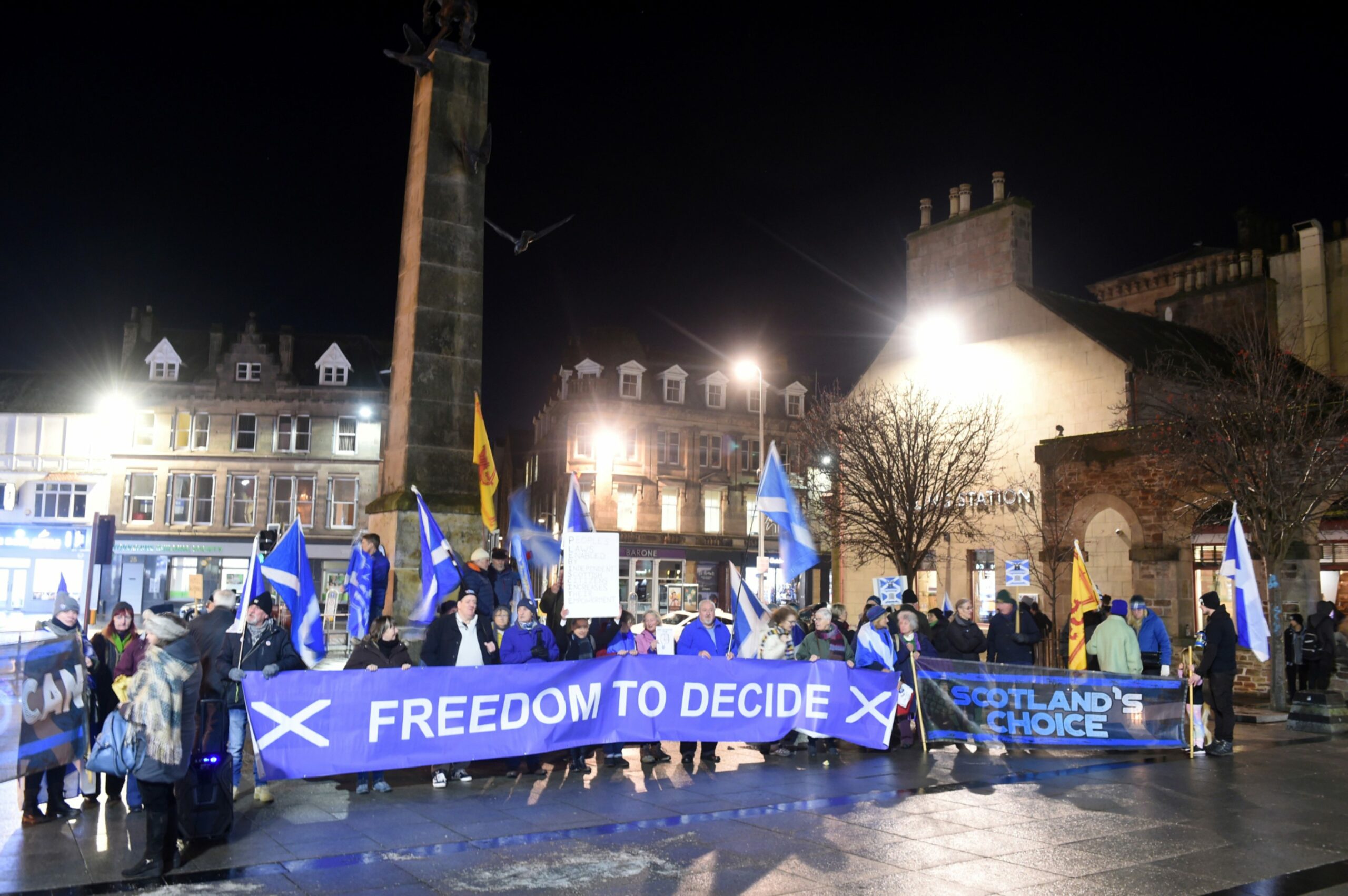Lockdown may be a fading memory, but its savage consequences are still being felt.
A new study has found that almost half of school pupils who have begun primary one since the pandemic are proving to be poorer learners than their predecessors.
Teachers report that children are struggling with basic literacy and numeracy, find it hard to socialise and to play without adult intervention. The proportion of toddlers missing developmental milestones has soared since 2020, according to Public Health Scotland, which has surveyed almost 1,000 schools.
This data provides solid evidence for the stories that have been emerging from within classrooms over the past few years. Staff have talked of rising indiscipline and falling attention spans. Standards of achievement are said to have fallen sharply, and learning habits have been broken: students suffer from gaps in their knowledge, homework is not completed, and problem-solving too often proves an insurmountable barrier.
Mental health issues have become more commonplace, and that’s not to mention the worryingly large cohort of children who simply didn’t return to school after lockdown ended. These are issues across the full school age-range.
As ever, those struggling the most tend to be from difficult backgrounds, where they are more likely to have challenging home lives, and lack parental support, access to technology and even a space to study. The longer-term impact on their future and the loss of nationwide potential threatens to be catastrophic.

I have heard from too many teachers who are becoming disillusioned by how difficult their basic day job has become, from some who are leaving the profession, and from others who are thinking about doing so.
This is a heartbreaking situation, and should be regarded as a national emergency by anyone who cares about the lives and fate of our young, and about the future of Scotland itself. Greg Dempster, general secretary of AHDS, a trade union representing primary school leaders, has warned that young pupils are not going through the “normal pattern of childhood”, and that this is leading to “difficult behaviours”. He adds that “it is not something that can be ignored – we have not returned to normal.”
Party is focused only on next push for independence
In the first instance, it is the responsibility of the party of government to address this crisis. You might wonder, then – or perhaps you won’t – why the SNP was gathered in Dundee on Saturday to talk solely about independence – what its new strategy should be for achieving the break-up of the UK, how to rekindle public enthusiasm for such an outcome, and whether such a process might reverse the party’s fall in the opinion polls ahead of next year’s general election.
All the big guns turned out (absent Nicola Sturgeon and Alex Salmond, obviously). John Swinney spoke, sounding like a once reassuring accountant who is now slightly worried by an avalanche of letters from the taxman. Mhairi Black ranted and thumped the lectern excitedly. Stephen Flynn, the party’s Westminster leader, gave a presentation.
I cannot thank our amazing activists enough for their incredible dedication to our party, cause and country.
We have the positive vision, now let's take it to every doorstep in Scotland and unleash our nation's potential with the full powers of a normal independent country. pic.twitter.com/OoEFW5RbDv
— Humza Yousaf (@HumzaYousaf) June 24, 2023
There being no show without Punch, Humza Yousaf delivered the keynote address. The first minister has pledged that a vote for the SNP will be a vote for Scottish independence, and that this will be “page one, line one of our manifesto”. What that means in practice is less clear.
The Nats insist that if they win the next election – what precisely “winning” means remains open to interpretation – they will begin negotiations on securing independence with the UK Government. That Westminster will refuse to participate in such negotiations might be regarded as at least a minor technical difficulty.
But, beyond all this, and what should be foremost in the mind of voters is that, after 16 years of government, the SNP is still thrashing around obsessively in pursuit of its core goal.
What about schools, healthcare, ferries and the rest?
The schools system is in a mess and, yet, there has been no convention on how to fix that – a series of reviews look likely to produce underwhelming results, such as scrapping exams for S4 pupils. How, precisely, will this help?
There has been no mass gathering to discuss how the NHS might be saved, despite medics warning that it is on course to fall over within the next decade, unless major surgery is applied. Both policy areas are wholly in Nationalist hands, and the party has fundamentally failed to grasp them.
Would the ferries fiasco have been avoided were Scotland independent? Would overwhelming public opposition to Sturgeon’s gender reforms have simply blown away on the warm breeze of freedom? Would the SNP’s oft-repeated if opaque vision of a “wellbeing” Scotland be delivered, despite a multi-billion pound deficit that would require sharp cuts to public spending and services? How would a party that has shown almost no interest in the private economy and economic growth fund its big state and its grand schemes?
And do we yet have convincing answers on which currency Scotland would use, or how a trading border with our largest economic partner – England – would be managed, as well as the myriad other challenges independence would pose?
Forget the independence blah, which is way down the electorate’s list of priorities, if not Yousaf’s. The SNP must be held accountable for its basic incompetence over a generation in government, which has at least in part been due to its constitutional monomania. It’s not just our children’s future that is at stake – though that alone should be quite enough.
Chris Deerin is a leading journalist and commentator who heads independent, non-party think tank, Reform Scotland

